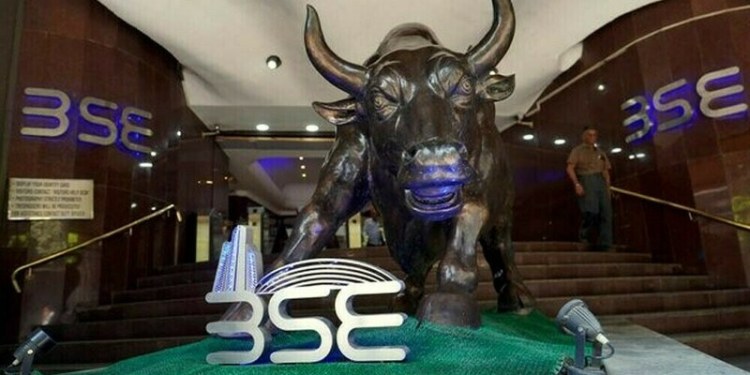Friday’s news that JP Morgan Chase is considering either selling or spinning off its physical commodities trading business had a negligible effect on oil futures on Monday, but market experts argue that it could hamper liquidity going forward.
Dennis Gartman, publisher and editor of the Gartman Letter, theorized that JP Morgan was being “pressured” to leave the physical commodity trading business.
“It’s sad that they are forced out by our government or forced out by public opinion,” Gartman said, adding that any reduction in the physical activity in the marketplace would reduce liquidity and lead to greater volatility as it relates to the oil futures market.
“Any physical player will use futures to hedge positions,” Gartman said. “No good will come of this. Any greater amount of volatility is disruptive.”
JP Morgan said in a statement Friday that it had “concluded an internal review” and would be “pursuing strategic alternatives” for its commodities business. The move comes three years after it acquired the business from RBS Sempra.
“Some speculate that the firm has been motivated to sell by adverse publicity surrounding bad trades, assertions of metals market manipulation and the possibility of the Federal Energy Regulatory Commission charging its power traders with market manipulation,” Philip Verleger, a US-based oil economist, said.
The real reasons, however, could be financially or strategically driven, Verleger said, as the commodity business requires “enormous amounts of capital” that will become more expensive to borrow when the US Federal Reserve’s quantitative easing ends.
But Tim Evans, commodity analyst at Citi Futures Perspective, said if JP Morgan were to sell the group or spin it off, with the divested group having comparable trading objectives and financing/leverage as now, there would likely be zero impact on the oil futures market.
“So you will have the same people trading the same instruments with the same kind of financing. There is no reason to expect a drop in liquidity or a price movement off of that,” Evans said.
Yet, Verleger argues that the landscape will not be the same for the next buyer.
“Whoever buys it next won’t have the same amount or be as free with their capital as JP Morgan would be (due to changes in quantitative easing),” Verleger said.
Evans did agree, however, that a higher level of volatility in the futures market was a possibility if JP Morgan was unable to find a buyer and moved into liquidation mode.
“But that’s a low probability. There is enough money in the world looking for a home and a business to be in,” Evans said.
Another factor that could have led JP Morgan to divest, Verleger said, is the waning popularity of commodities as an investment alternative.
“The declining participation of passive investors serves as prominent evidence of this development,” Verleger said, adding that “the withdrawal of passive money will make it more difficult for those in the physical business to shift their risk to others. Forward curves will become more backwardated, making hedging impossible.”
This will leave markets vulnerable to sharp price increases and declines. JP Morgan’s decision to leave the commodity business, combined with sales and possible cutbacks at other firms, raises an important question regarding liquidity, Verleger said.
“Financial intermediaries have acted as a buffer in the market, one that will probably now be lost,” he noted.
US oil traders interviewed Monday did not foresee a major impact on physical markets due to JP Morgan’s plans, but said short-term liquidity disruptions were possible (see story, 2005 GMT).
NYMEX September crude futures settled 15 cents lower Monday at $104.55/barrel, while ICE September Brent ended 28 cents higher at $107.45/b.
NYMEX August ULSD was 61 points higher at $3.0162/gal and August RBOB settled 3.19 cents lower at $3.0125/gal.
Source: Platts.com



























